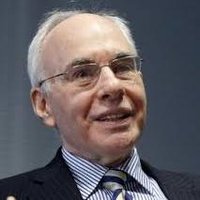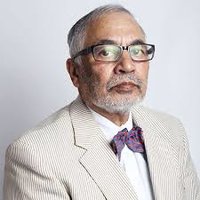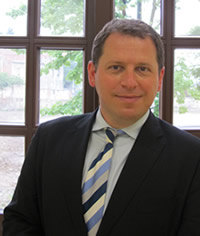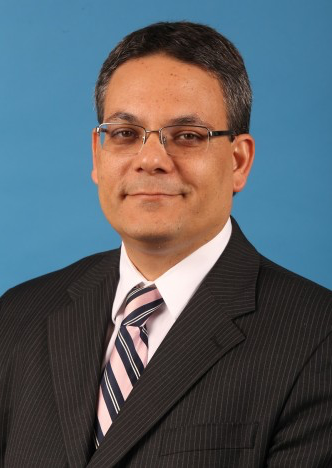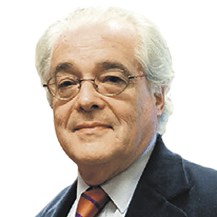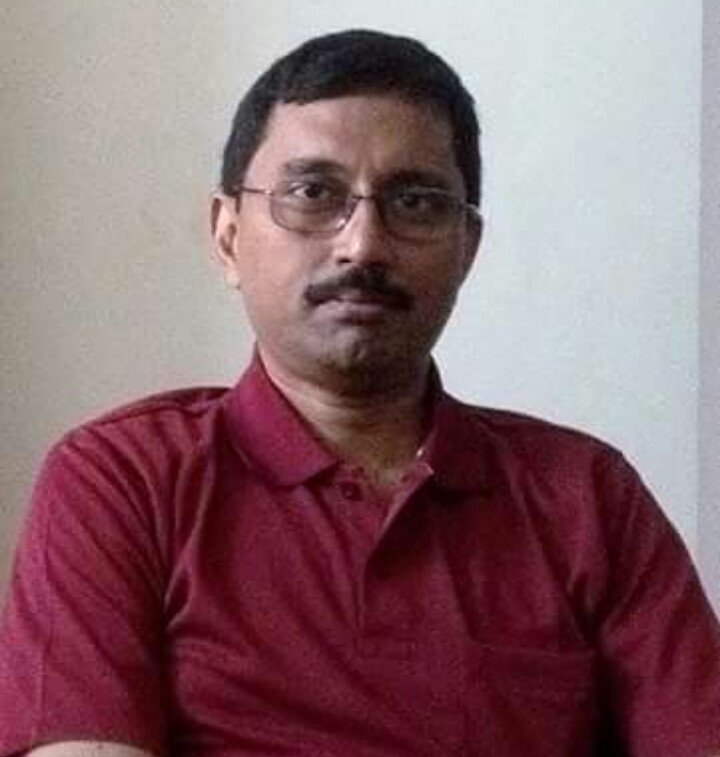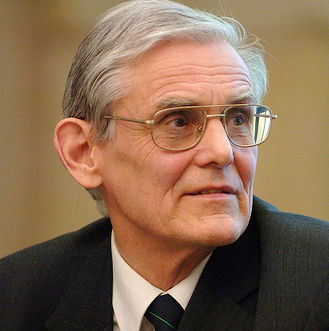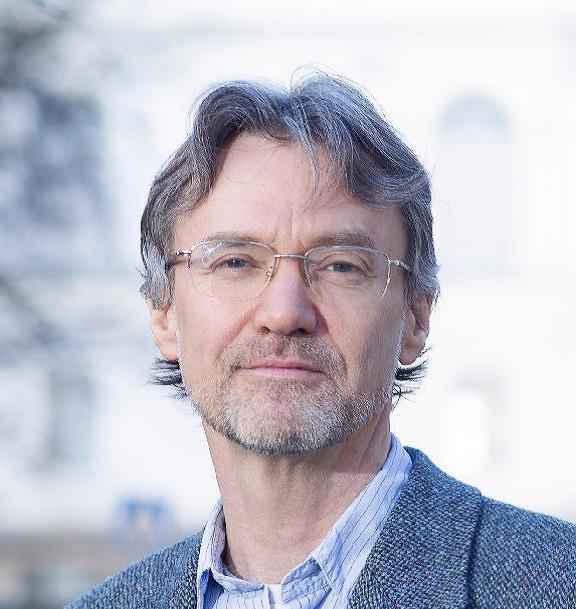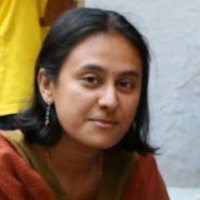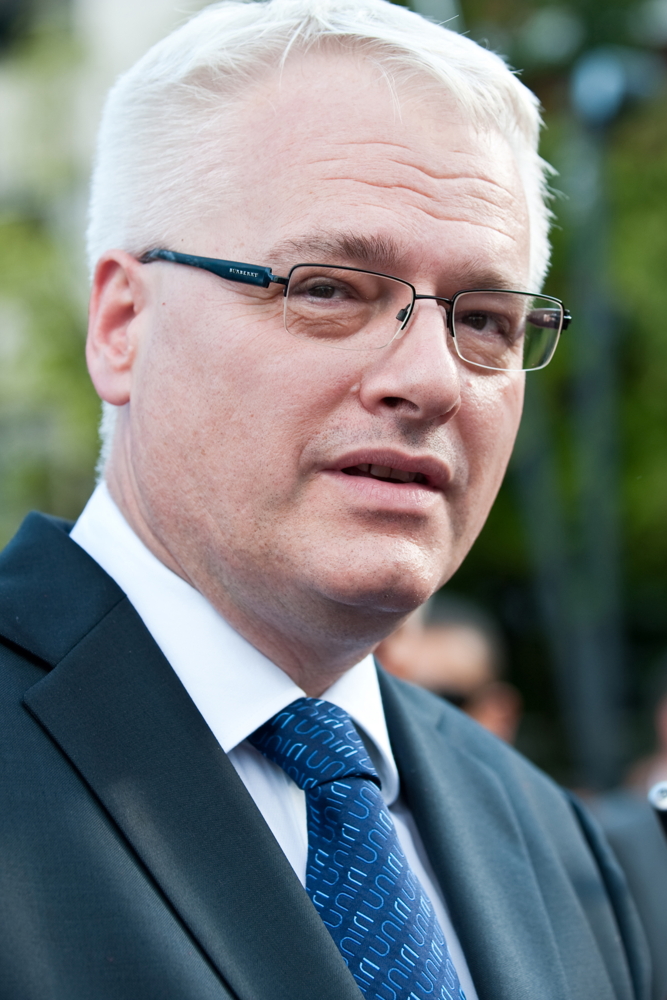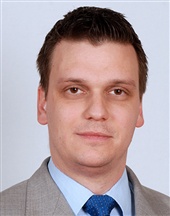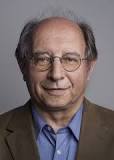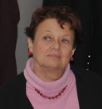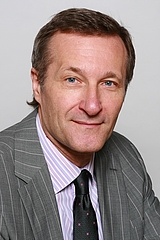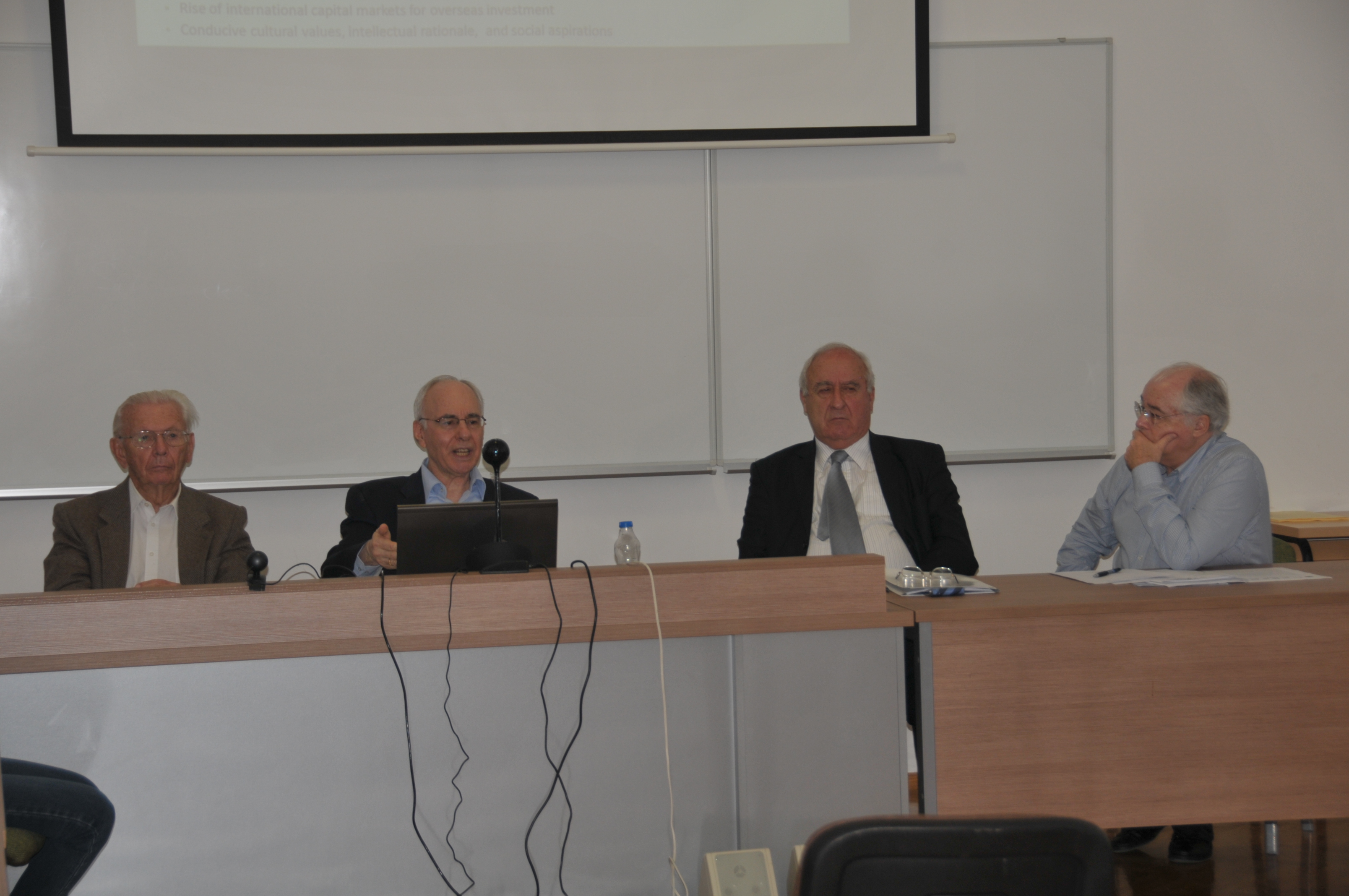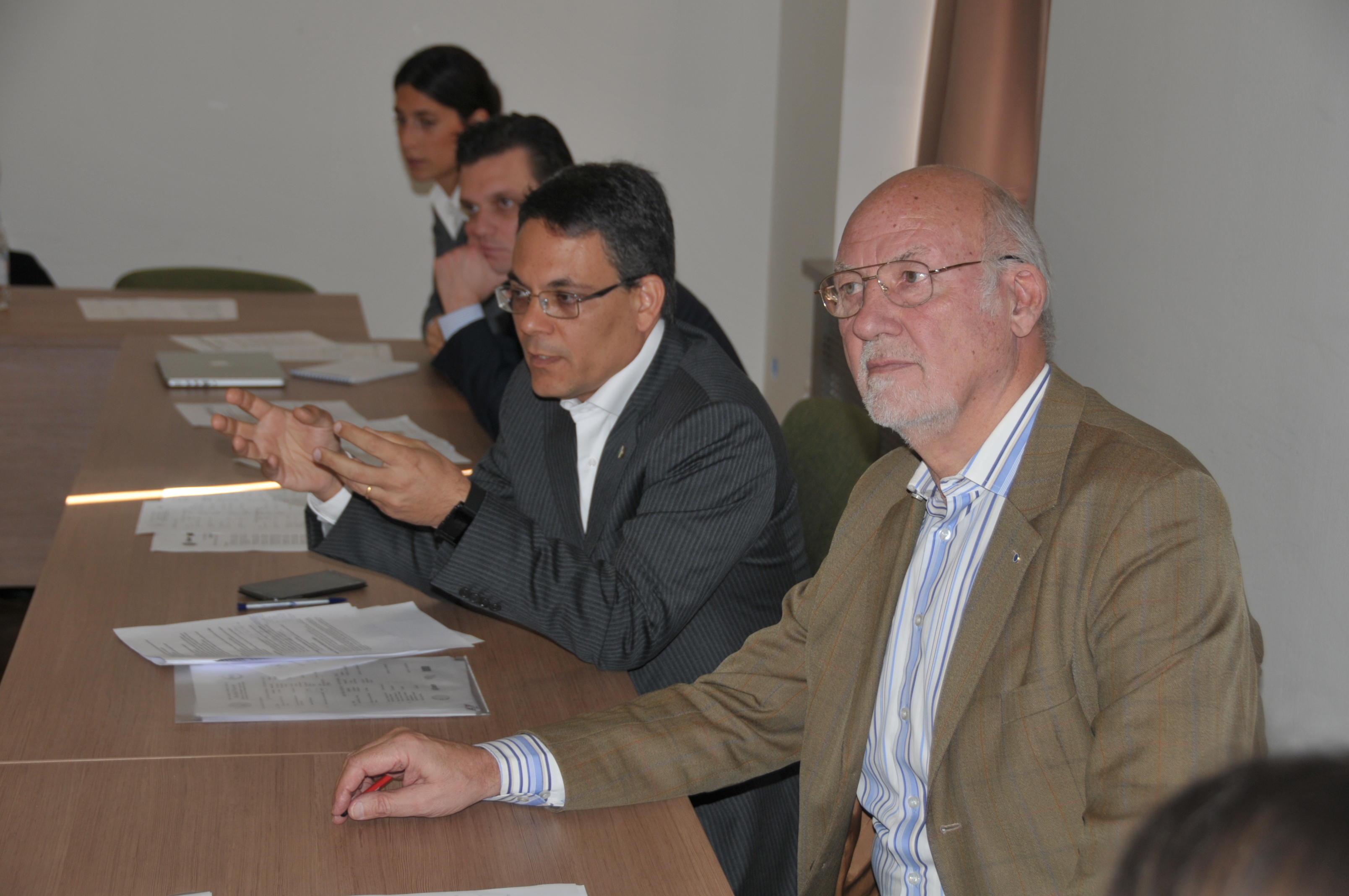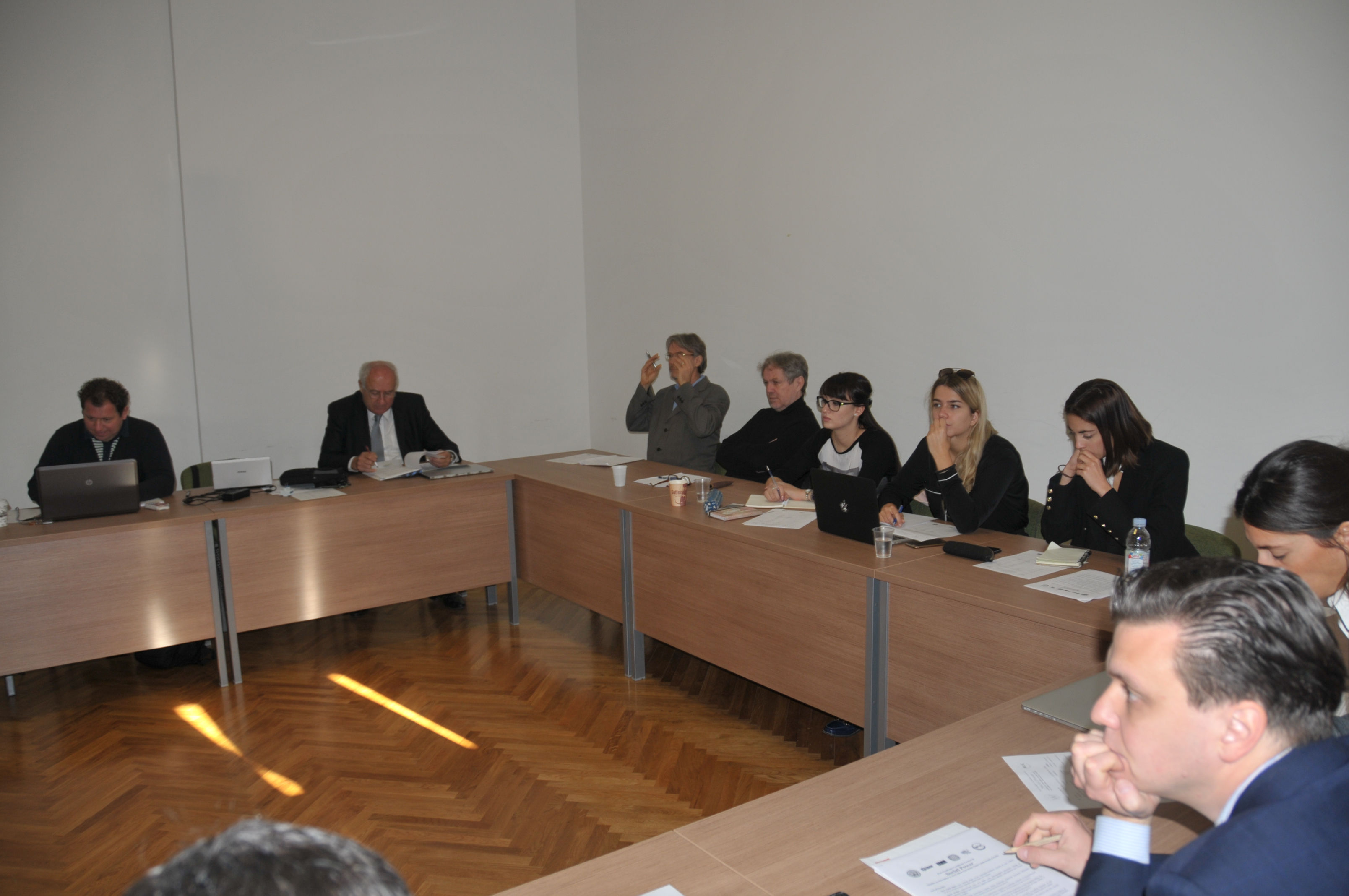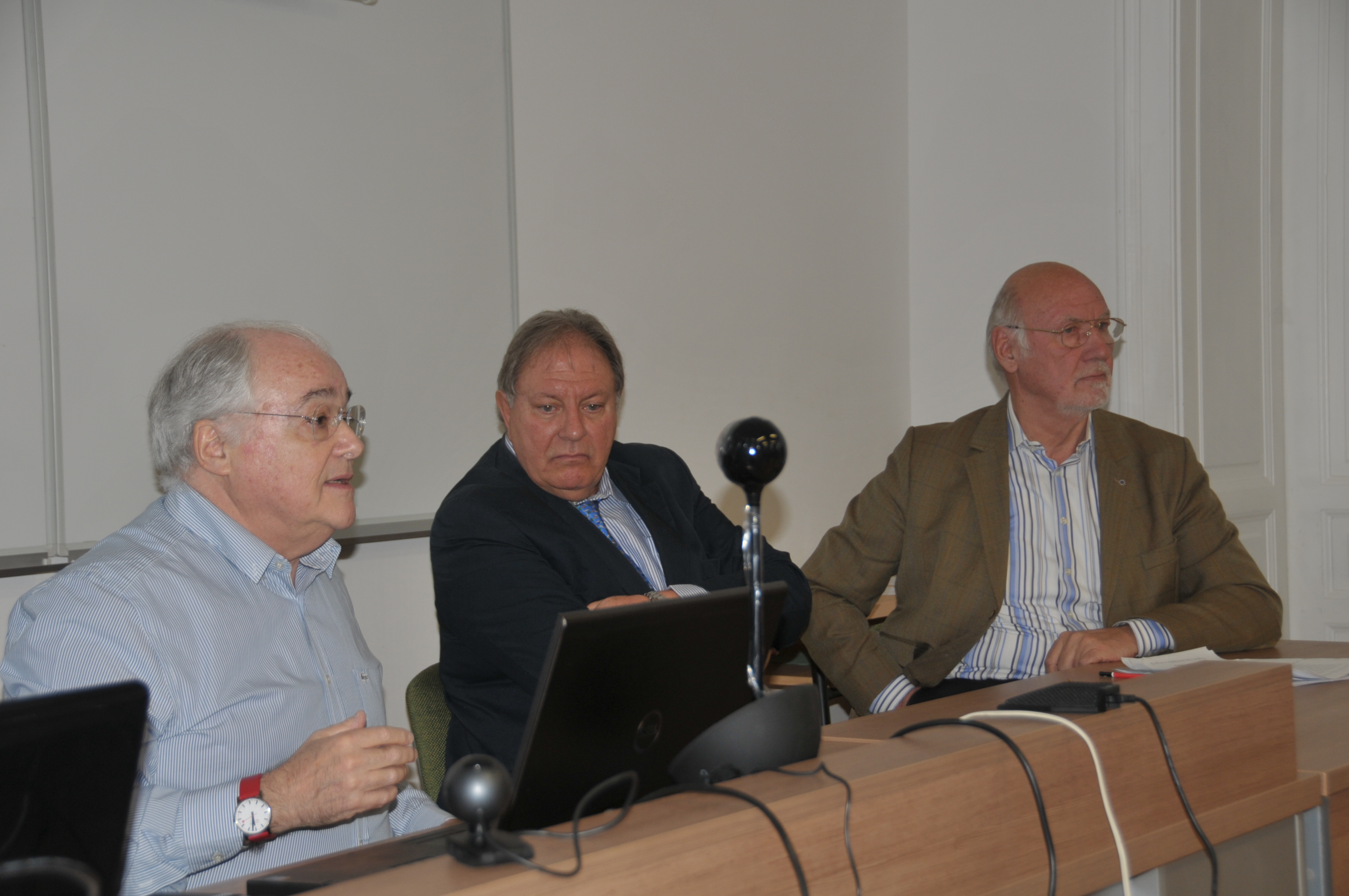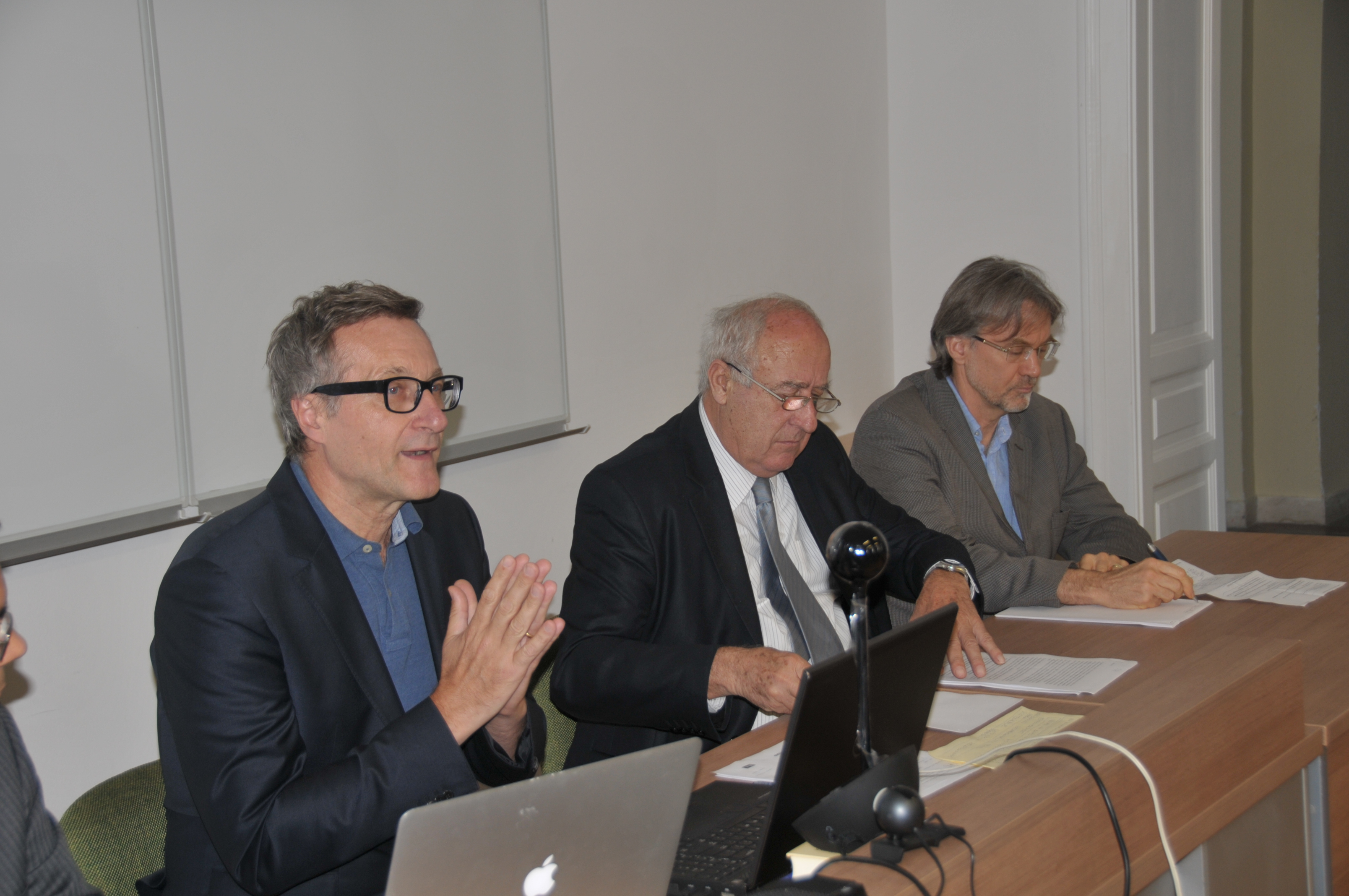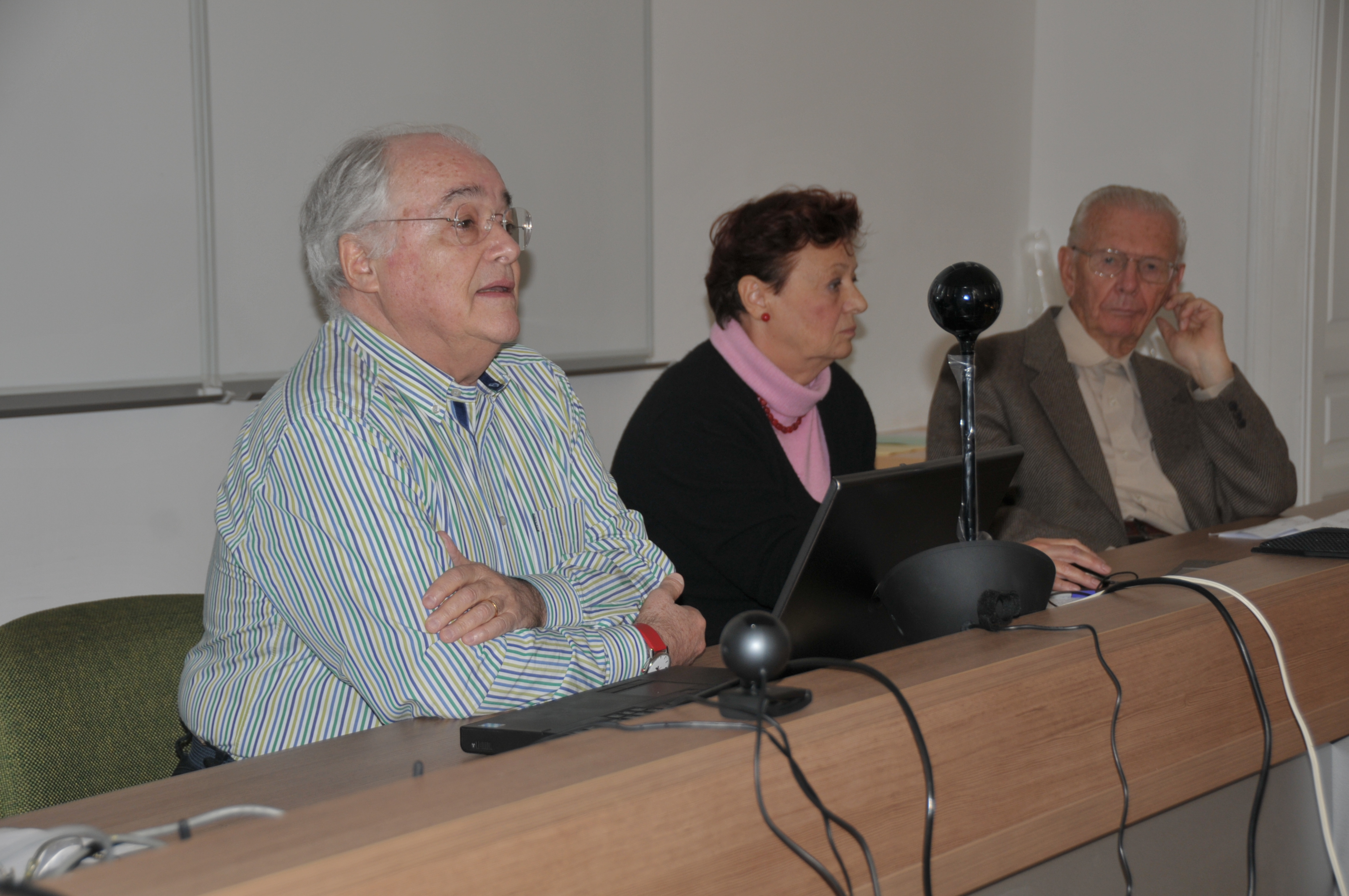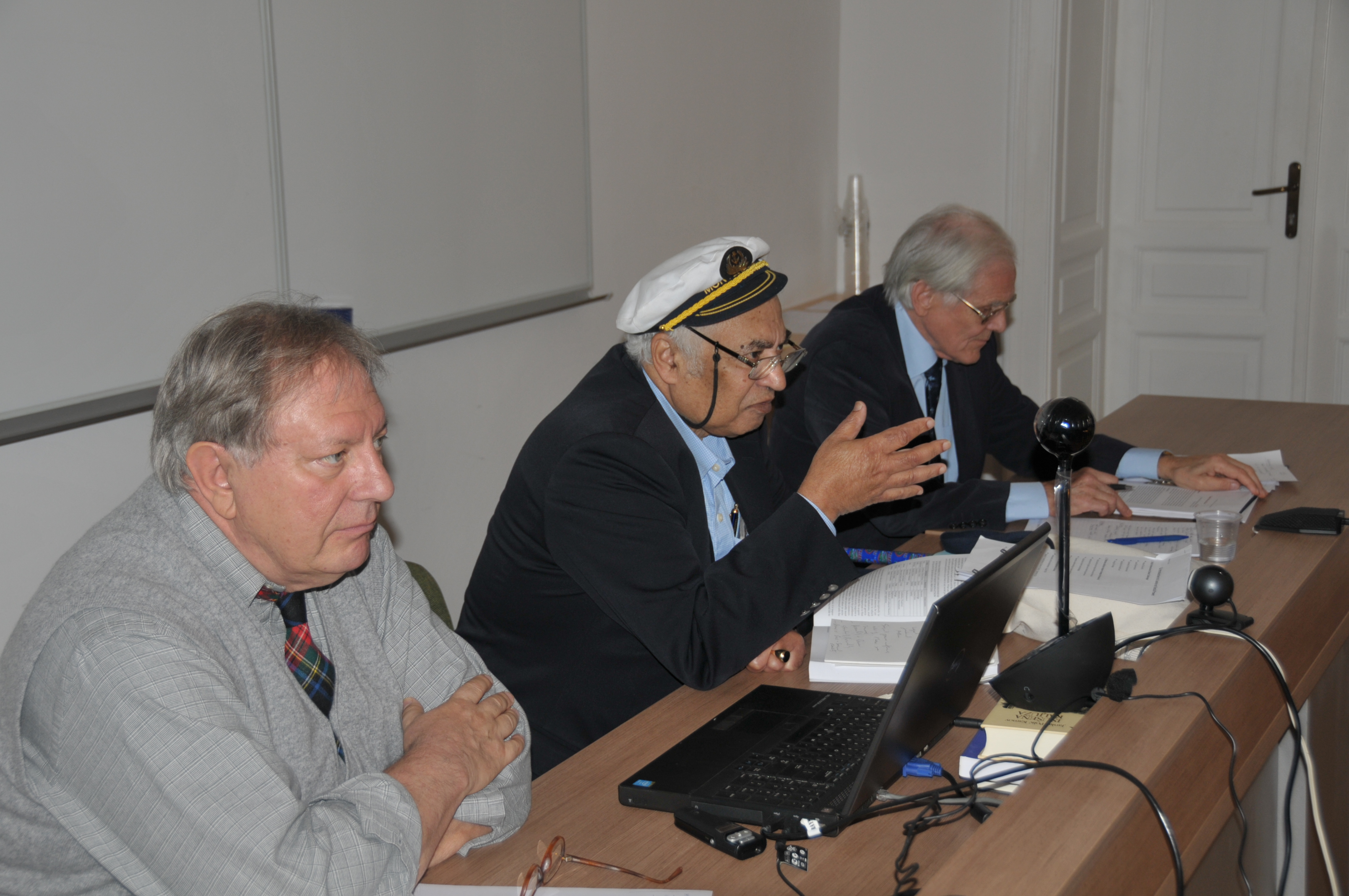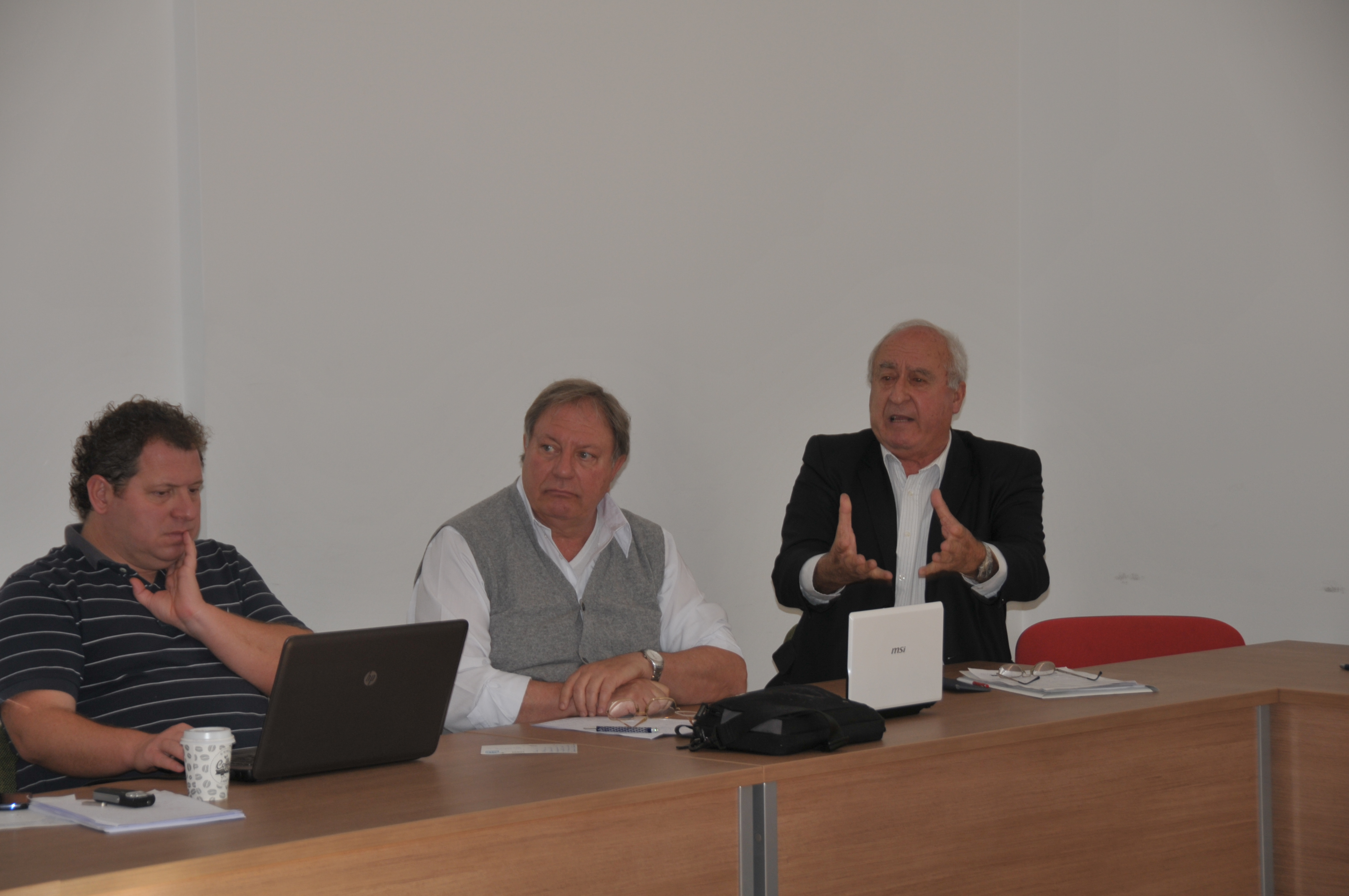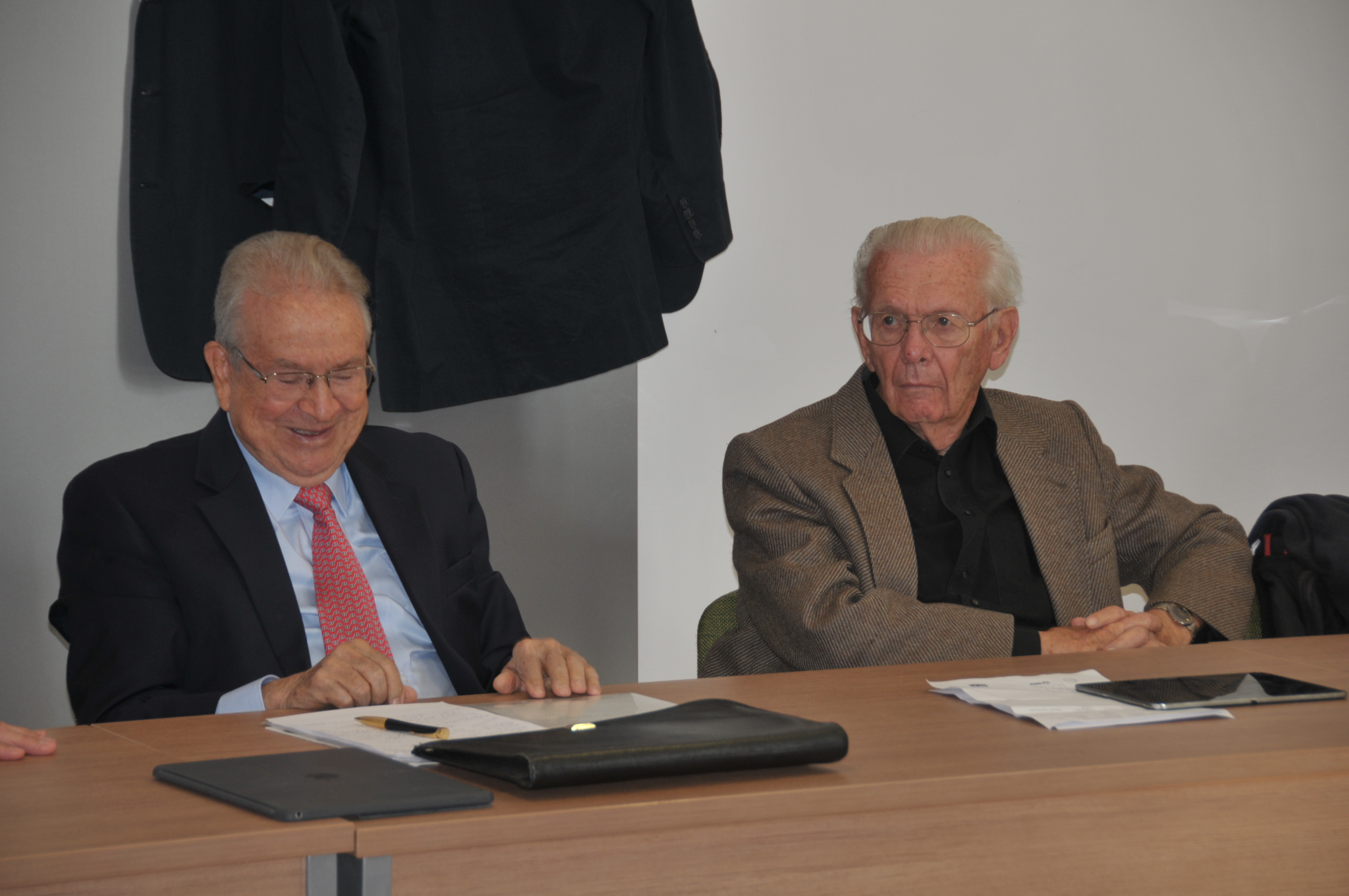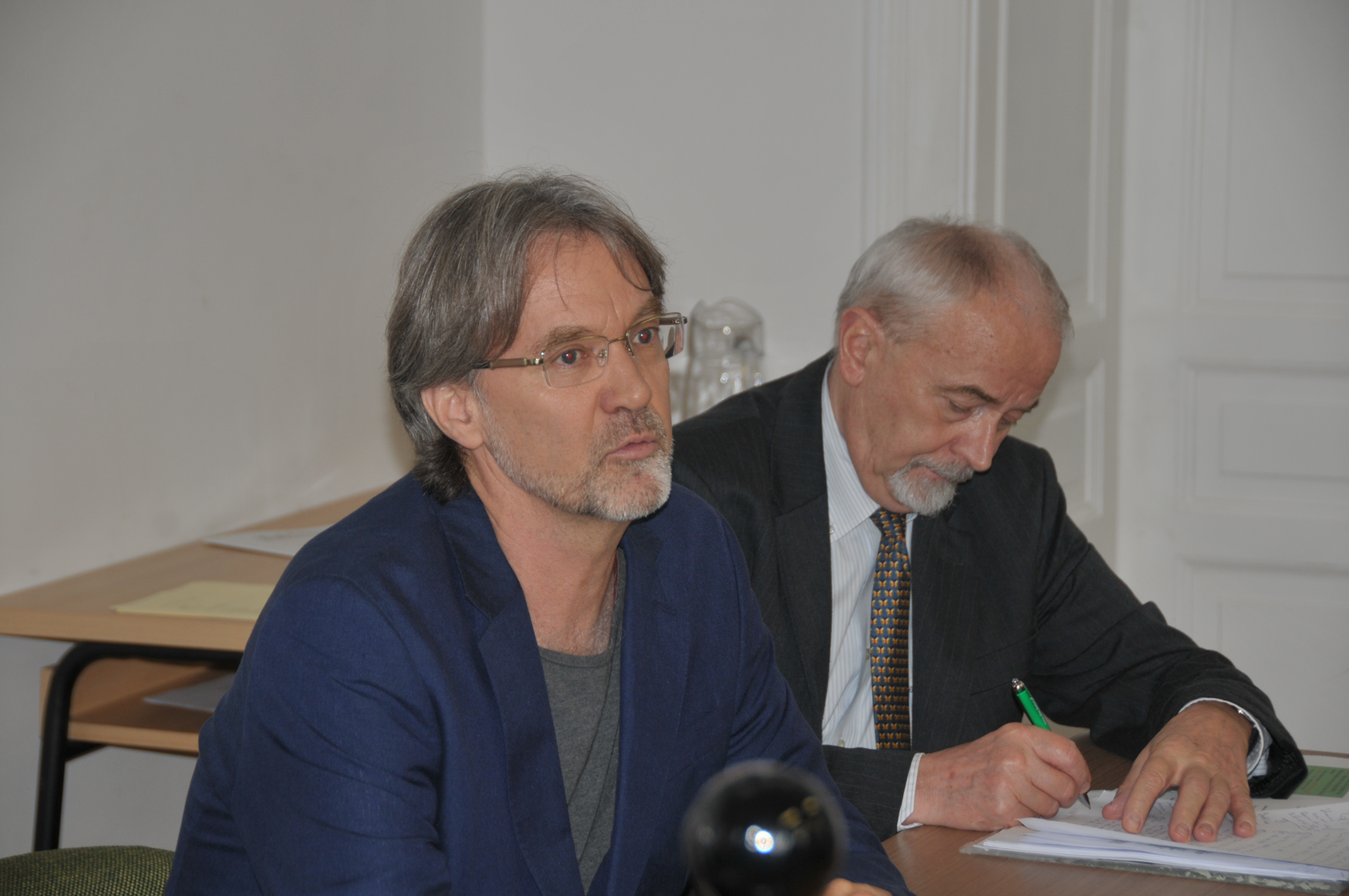Post-Graduate Certificate Course at Inter-University Centre, Dubrovnik, Croatia
![]()
Social Power
Oct 31-Nov 2, 2016
This program is intended as an original exploration of the origins, nature, expressions and consequences of social power. This transdisciplinary post-graduate course will examine ideas and issues of immense importance to humanity, which are often overlooked in our efforts to address pressing social challenges. The practical aim of the program is to identify ways in which the enormous untapped and underutilized social potential can be more fully converted into effective power to address pressing global challenges and enhance human security, development, welfare and well-being. The issues addressed apply to all dimensions of social life—political, legal, economic, academic, scientific, social, cultural and psychological.
Power is the capacity to accomplish work in any field. Jules Verne’s Around the World in 80 Days depicts the adventures of Phileas Fogg, an Englishman who performed the remarkable feat of travelling around the world in 80 days in 1872. Verne’s hero needed enormous courage, stamina and a life-time’s wealth in order to achieve it. Today a large portion of humanity has the capacity to circle the globe in less than 80 hours at relatively modest cost and very low risk to life and property. As society advances, our individual and collective power for accomplishment is increasing.
We live in a time of unprecedented capacity for accomplishment in every field of social life. Since 1800, average global per capita income has risen 12-fold, signifying an enormous increase in the capacity of society to feed, clothe, house, educate, employ and protect the lives of a more than 7-fold increase in world population. Never before has humanity possessed social power of this magnitude. Never before has power been so widely distributed within society. The average citizen today enjoys freedom, privileges, comforts, and conveniences unavailable even to the wealthiest and most powerful in earlier centuries. Smartphones, internet and mobile communications have dramatically changed social equations. Billions of people have instantaneous access to knowledge and communication capabilities that a quarter century ago was accessible only to privileged. Underprivileged and oppressed minorities now have ways to fight repression, demand justice and mobilize political support. Today, anyone can make a video and spread their message globally through social networking sites. Students everywhere have access to thousands of free world-class on-line courses from premier universities. Human relationships and networks are the core of modern society. Technology combined with increasingly complex systems and organizations has spurred exponential expansion of network multiplier effects.
The gains are not only the result of technological advances. Far from it. Democracy, law, human rights, universal education, medical advances, scientific research, radically improved transportation and communication, the exponential growth of the media, ubiquitous access to entertainment and many other forms of social organization have become sources and instruments for the generation and distribution of power to promote human security, welfare and well-being.
Society governs the possession and exercise of this power through formal structures and institutions, such as government, law and human rights, public education, medical systems, transport and communication networks, financial systems and commercial enterprises. Social power also acts through both legitimate and extra-legal informal mechanisms, including status, wealth, popularity, political influence and corruption. Money can buy anything, as the proverb says. But it can also open doors and gain access to seats of power for the wealthy without their even spending it. Legally it provides access to the best education and medical care in the world. But it also makes possible the exercise of illegitimate forms of power that threaten to transform democracy into plutocracy.
The distribution of social power in its various forms powerfully impacts on the overall strength, integrity, harmony and welfare of society. History confirms that the wider and more equitable the distribution of rights, powers, privileges, the more prosperous, vibrant and stable the society will be. The more power is distributed, the more limited is the authority of the privileged individual, but the greater is the cumulative power of the social collective. That is why the wealthiest monarch of 1800 has less effective power for accomplishment than the average citizen today.
Social power is ubiquitous. The process of its generation and expression is fundamental to all human activities. Thus, it is natural that the importance of social power was frequently raised during WAAS conferences on human-centered development paradigm, new economic theory, individuality, employment, global governance and rule of law, human rights, values, peace and security.
This transdisciplinary lecture series will explore the sources, expressions, determinants and consequences of the creation, distribution and exercise of social power in politics, economy, society and individual psychology. It will examine the different forms in which power develops and acts, including military, government and political parties, law, commerce, communication, transportation, media, religion, technology, science, education and other social expressions. It will also examine the process by which social potential develops, gets organized and channeled for social progress, as well as the process by which power is usurped or diverted for the benefits of smaller elites.
For purposes of clarity, we propose to distinguish between three different levels of the development and exercise of social power.
- Social Potential: Society possesses immense power to accomplish its goals through all formal and informal sources of knowledge, human initiative, social organization, institutions, technology and skills. This power grows exponentially as society evolves, as illustrated by the capacity to move people, information and money at high speed around the world or the unprecedented capacity to impart a wide range of education to members of the society. This is social power in its most basic form of social potential. Globalization, the birth of the Internet, the rise of global civil society and technological advances have dramatically multiplied the forms and quantity of social potential. In practice, only a small fraction of this potential is called into action, except under extreme circumstances such as those prevalent at times of war and extreme natural disasters. Society possesses a vast underutilized potential which can be tapped to further enhance human security and well-being.
- Institutionalized Power: The social potential can be thought of as a huge reservoir of energy, like the radiation pouring on earth from the sun. But the benefit we draw from that energy depends on our capacity to capture, transform, direct and channel that energy for specific applications. Social organizations are the means we employ to channel human energies and convert it into effective social power. The social collective generates and exercises power through the authority of formal social systems and institutions—national governments and international organizations, laws, political parties, courts, military, religion, universities, research institutes, financial institutions, companies (utilities, telecoms, etc.) and NGOs (Red Cross). It accords them a formal sanction to legally exercise political, economic, social and other forms of power on behalf of and for the welfare of the collective. Rapid advances in the development of social institutions in all fields have played a critical role in multiplying the power of modern society.
- Informal: In addition, social power is also generated and exercised informally outside the recognized formal structure and systems. This source also is of immense importance and merits very serious examination. Gorbachev exercised immense influence in the world positively far beyond his political power as President of the former Soviet Union even after he lost power. The remarkable role played by J. P. Morgan in averting financial collapse in 1907 at a time before the founding of the Federal Reserve System is a positive example of the exercise of informal social power. Nobel Laureates and other eminent intellectuals such as those who founded WAAS leverage their standing in society to influence and achieve results beyond their personal domain of action. Well-known business leaders, outstanding sportsmen, cinema stars and other entertainers also exercise influence beyond their fields of direct action, as Steve Jobs transformed personal computer technology and Bill Gates campaigned for eradication of infectious diseases. Many of these instances are beneficial to the society. The role of business and civil society in global governance today act as extra-national agents of power.
Different forms of social power are readily interconvertible. Each of the types and levels of social power interact with other types and levels. Political influence translates into money power and vice versa. The distortion of democracy to serve elites through money power is a negative instance of informal power. Popularity can be converted into political, monetary and social power, etc. Indeed, money is convertible into almost all forms of social power and almost all forms of social power can be converted into money. The combination of two or more forms of power multiplies their potential and creates new forms. The power of media exercises enormous influence over politics, business and finance. The technology of personal computers and telecommunications combine to create the Internet. The internet in turn has enabled many forms of power to interact and combine to form new sources of powers, as exemplified by Apple iTunes, Google, Amazon, Facebook, Uber, bitcoin and so many others.
Course Directors: Garry Jacobs, CEO, World Academy of Art & Science; Alberto Zucconi, President, Person Centered Approach Institute, Italy; Winston Nagan, Professor of Law, University of Florida, Gainesville; Goran Bandov, Vice Dean, Dag Hammarskjöld University College of International Relations and Diplomacy, Zagreb.
